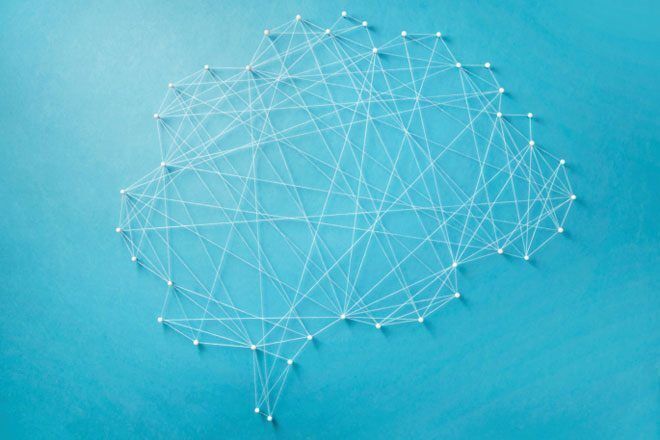by Pamela Milam
I recently attended a four-day mediation certification course. It was an eye-opening experience. In class, I studied the historic context of conflict resolution, learned mediator skills, and focused on the ethical use of those skills. The 15 other students were counselors, human resources professionals, law enforcement officers, attorneys, and pastors—people from all walks of life. Every student had good reasons for wanting to acquire techniques focusing on patience, balance, impartiality, active listening, and respect.
As a therapist, I never planned to be a professional mediator. I attended class for the sole purpose of spending time with a friend and fellow counselor who wanted to go. As it turned out, though, the benefits went well beyond the pleasure of having lunch with my friend four days in a row. I met some interesting, wonderful classmates and acquired plenty of knowledge. In particular, I learned about forgiveness.
What does forgiveness have to do with mediation? First of all, mediation is an alternative to litigation. If you’re in a dispute with someone, you might be on a quest for justice. You might want to have your “day in court.” And you might be very, very angry. Legal battles can be long, wearying, and expensive. Good mediators are trained to listen and work toward common interests and potential areas of agreement. They know how to facilitate the search for solutions, and forgiveness can be an essential part of the process. It’s one thing to gain restitution in the form of a monetary settlement; it’s quite another to heal and restore peace.
During class our instructor introduced a friend and colleague who has a professional history as a litigator, dean, divinity school student, and hospice chaplain. (You can read more about Lee Taft’s work here.) He looked at forgiveness from three perspectives (religious, philosophical, and psychological) and explained that understanding the fundamental perspective of each person in the forgiveness process makes a big difference in the way forgiveness is offered, received, and perceived.
After class, I became curious about how the brain experiences forgiveness. I started looking at the research and wondering: If you forgive a violent offender, are you a fool? If you forgive your abusive spouse, are you highly evolved? If you forgive the doctor who made a terrible medical mistake, are you a chump or a champion? What does brain science tell us—is forgiveness healthy or unhealthy?
One article I found concluded that forgiveness is good for you. The part of the brain associated with resolving anger is the same part that involves empathy and regulating emotions. Research shows that there is a neuronal foundation for the idea that resolving conflict and granting mercy are good for the brain and result in positive emotional states.
If you think harboring a grudge, exacting revenge, or even getting a large financial payout is going to be gratifying, think again. They can’t top forgiveness, which helps prevent socially aggressive behavior and is good for your mental health.
One concept that stuck with me is that there is a difference between “forgiveness” and “reconciliation.” You can forgive someone for hurting you, but you don’t have to repair and restore a relationship with someone who has done you harm. It might be more beneficial to forgive an offender and simultaneously drop the relationship.
If you don’t want to let go of the relationship, remember this: True reconciliation involves the request for forgiveness but is followed by efforts to account for the harm that has been caused, accept the reality of the damage done, repair the broken relationship, and restore trust. The offender must exhibit a deep understanding of the pain he or she caused and undergo a genuine change of heart.
The next time you are wronged or in the wrong, don’t accept or offer an empty apology. Approach the situation with a full heart and be willing to do what it takes to repair the breach.
See article from source:
How Does the Brain Process Forgiveness

